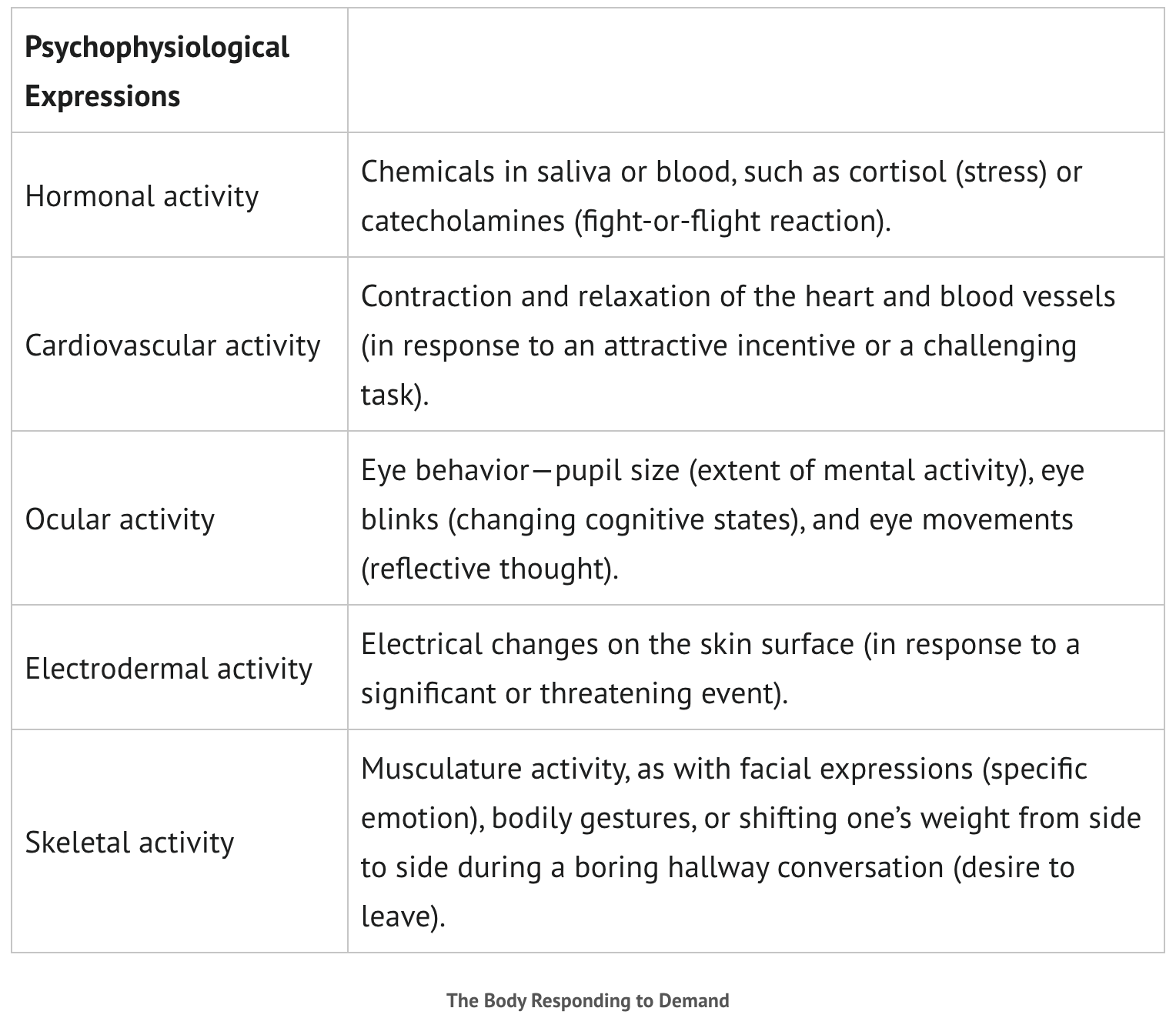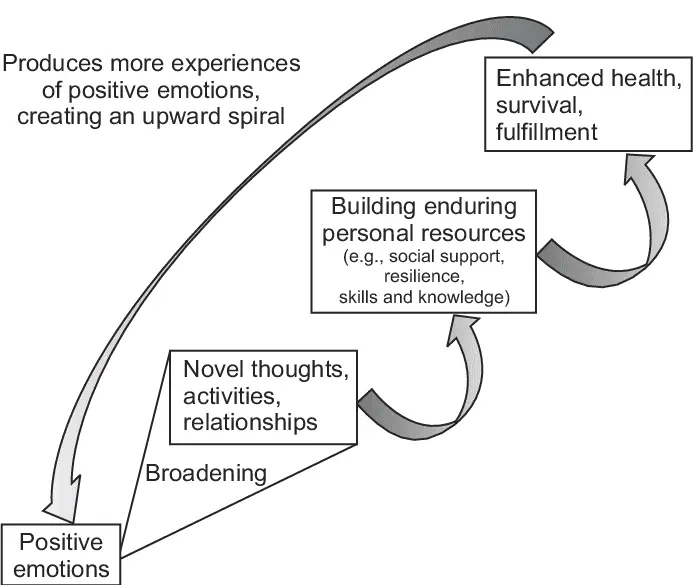Motivation.
The best moments in our lives are not the passive, receptive, relaxing times…the best moments usually occur when a person’s body or mind is stretched to its limited in voluntary effort to accomplish something difficult and worthwhile. - Mihaly Csikszentmihalyi

“Most people don’t get to where they are going. Not because of a lack of skills or talent. It’s lack of ability to keep going when it is hard.” -Bear Grylls.
At the turn of the millennium, I enjoyed the passing of the milestone year in the Bahamas at the Atlantis Hotel. Watching the fireworks explode overhead, I vowed to work out every day for the rest of my life.

I didn’t tell family or friends to have them hold me accountable. However, the strategy does have its merits. My silent vow was about my certainty. It was my turning point. Years later, that vow has become second nature, like breathing. What was my motivation? I didn’t need any more motivation than my word to myself. Without a miss, my vow resulted in 7,910 straight days (as of 9-3-2022) of working out. 21-plus years in a row. I fiercely protect my streak by working out at 4 in the morning, regardless of the weather.
Over the years, I have pushed through and worked around surgeries, hurricanes, all forms of horrible weather, dozens of injuries, and many distractions to be steadfast and consistent with myself. My daily inspiration has ebbed and flowed over the years, but I have stayed the course to maintain internal consistency as a matter of quiet personal pride. Additionally, I have a little running streak of 2,739 days (as of 9-3-2022) that I advertise on Tiktok as proof of my motivational mindset.
What was my motivation? My motivation was the frustration of a seasoned athlete going in and out of playing shape for decades. The pain of reclaiming my athletic prowess repeatedly pushed and pulled me to find a better solution for my dysfunctional cycle.
Is motivation that internal push or pull I experienced? Or a magic elixir of mental mojo able to move mountains.
The classic definition of motivation is “the reason or reasons one has for acting or behaving in a particular way.” The definition falls flat for me. I can’t count the times I have heard someone say, “I don’t feel motivated.” Or “I have lost all my motivation.”
In our masthead is Machu Picchu. The mountain-top citadel was built by the ancient Incas. Over 100 flights of stairs with over 3,000 steps leading to the site, which sits at 7.874 feet. In the rarified air, you’ll most likely feel close to death. Do you have the motivation to make that climb?
Motivation appears to have as many faces as there are human desires. The simplest definition of motivation boils down to wanting (Baumeister, 2016). We want a change in behavior, thoughts, feelings, self-concept, environment, and relationships. I think “want” is such a weak concept. Reminds me of walking through a buffet line.
I believe the essence of motivation is an energized and persistent goal-directed behavior. When we are motivated, we move and take action with the tenacious glare of someone who is unstoppable and driven. To outsiders, the go-getter is obsessed with their process.
Another way of looking at motivation is as an influence to satisfy needs necessary for sustaining life or for well-being and growth. This form of motivation, I understand. Let’s look at Maslow’s hierarchy of needs.

Psychological needs for autonomy, mastery, and belonging direct our behavior in much the same way. As do the needs for achievement, power, closure, meaning, and self-esteem. Some of these needs will become motives, as will all the intrinsic activities we engage in. I satisfied my safety, esteem, and self-actualization needs by committing to and delivering a workout streak.
Motivation as a want, a reason, or a desire is lacking. But motivation as a need comes closer to my reality. It is essential to understand our motivational wiring (see below) to include our primitive fight or flight mechanism that meets the demands of motivational stimuli.

The Body Responding to Demand
Our bodies give us the evolutionary building blocks to survive and thrive through threats and challenges. However, I am not just grinding every day to stay internally consistent. I am juiced by my streak and how working out makes my body feel. I am excited and happy to kick ass on an ongoing daily basis. Yes, my brain gets a little dopamine kick for just showing up. But let’s put off the brain chemistry discussion until my next post.
I believe Barbara Fredrickson’s research on how positive emotions broaden our perception and increase positive thoughts illuminates my experience. Fredrickson added her work to the well-being studies of Teresa Amabile. Amabile’s work showed how happy employees are more productive by cultivating optimism and positive emotions that can serve an adaptive role and be a distinct motivational factor.
Those who feel good or show positive affect are more creative, help others more, show persistence in the face of failure, make decisions efficiently, show high intrinsic motivation, and so on. Studies show that short-term positive affect helps us be successful in many areas of our lives, including marriage, friendship, income, work, and health (Lyubomirsky, King, & Diener, 2005).

My experience is the positive spiral of emotions depicted above, beginning each day as I show up to relish the sweat of the process. A 4 am workout is tough to swallow after only a couple of hours of sleep. But I know the positive emotional payoff.
Let me close with a quote.
On the whole, I think it fair to say that human history is a record of the ways in which human nature has been sold short. The highest possibilities of human nature have practically always been underrated. – Abraham Maslow
Until next time. Travel safe.
Baumeister, R. F. (2016). Toward a general theory of motivation: Problems, challenges, opportunities, and the big picture. Motivation and Emotion, 40(1), 1–10. https://doi.org/10.1007/s11031-015-9521-y

